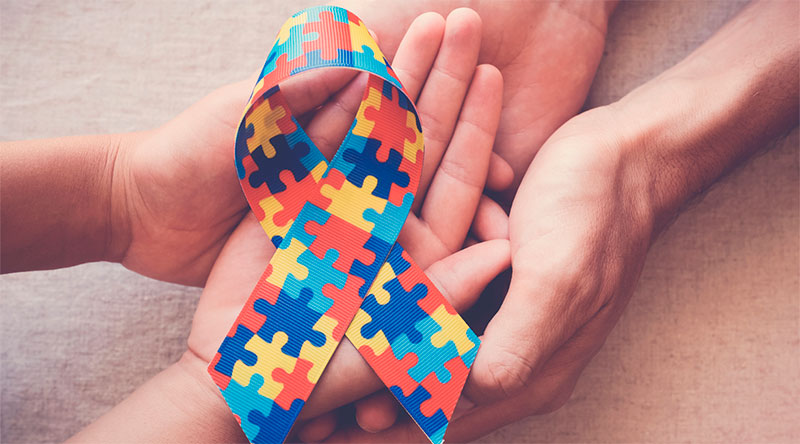Does your child get distracted easily and need to be repeatedly reminded to complete a simple task?
Does their room look like it’s been hit by a tornado? Are they constantly misplacing personal items? Do they have emotional outbursts when plans suddenly change?
For some parents, many of these behaviors may seem familiar. But many typically developing children are able to improve their self-management skills, or executive functions, as they grow older and take on more responsibility.
Some, including children diagnosed with Autism Spectrum Disorder (ASD), attention deficit hyperactivity disorder, dyslexia, traumatic brain injury and other learning disabilities, have a harder time and may face executive function deficits.
What Is an Executive Function?
Traditional definition: The chief operating system located in the prefrontal region of the brain is used to engage in cognitive processes which are required for goal-directed behavior.
What this actually means: Everything you do on a daily basis to manage your own behavior is an “executive function”.
Common executive function processes for goal-directed behavior include:
- Working memory
- Task initiation
- Sustained attention
- Inhibition
- Flexibility
- Planning
- Organization
- Problem solving
Although executive functions are often thought of as brain functions, Dr. Adel Najdowski, Director of the Master of Science in Behavioral Psychology program at Pepperdine University, says all executive functions involve behavior.
Therefore, individuals with deficits may be able to learn specific behaviors to improve their executive function performance.
What Is Emotional Self-Regulation and Why Is It Important?
Emotional self-regulation is the ability to adapt behavior when engaged in situations that might provoke emotions such as stress, anxiety, annoyance and frustration. A person with strong emotional regulation skills can:
- Notice when they become emotionally charged.
- Consider the consequences of their response.
- Engage in activities that move them toward their goal, even if they are feeling negative emotions.
Alternatively, a person who lacks emotional self-regulation may:
- Overreact to situations when compared to same-age peers.
- Experience negative emotions for a longer amount of time than same-age peers.
- Have a short temper and engage in emotional outbursts.
- Have mood swings.
What to do during a meltdown?
Remember, children with autism and other attention disorders are not acting out to push our boundaries or to trigger us.
They are crying, wailing, or flailing because that’s what their bodies need to do in that moment to release tension for feeling overwhelmed with emotions or sensory stimulation.
Be Empathic
Listen and acknowledge their emotion and guide them to express themselves in a way where they do not hurt themselves, others or damage objects.
Make Sure They are Safe
Trying to stop the meltdown is often unproductive. To make sure your child is safe, stay as close to them as possible until they are ready to stop themselves.
Have a Sensory Toolkit
Keep a few sensory tools or toys around. You can offer these to the child when they are starting to feel overwhelmed. Some common sensory tools include weighted lap pads, noise-canceling headphones, sunglasses, and fidget toys.
Don’t force them on your child when they’re melting down. Make these available and let them choose to use them at their leisure.
See your child’s behavior as a form of communication instead of defiance.
At Right Start Inc we know that being able to understand and regulate one’s emotions is an integral part of psychological development. Difficulties regulating emotions are associated with antisocial behavior, peer rejection and suicidal risk in children, and mental health issues in adults.
It has been suggested that the development of emotion regulation is greatly influenced by caregivers: children do not only observe and copy caregivers’ expressions and their regulation of emotions; they are also often the target of caregivers’ emotional expression and receive feedback on their own.
As such, emotion, socialization is understood as the dynamic process through which caregivers mediate and influence the development of a child’s emotional competence.

